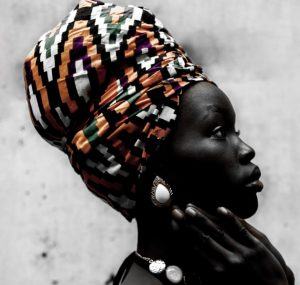Addressing Gender Equity Challenges in Open Government Co-Creation Processes

12 Feminist Open Government Case Studies from Latin America, Africa and Asia
The Feminist Open Government Initiative aims to use research and action to encourage governments and civil society to champion new initiatives leading to genderOGP participating governments are bringing gender perspectives to popular policy areas, ensuring diversity in participatory processes, and specifically targeting gender gaps in policies to address gov... More advancements in open government.
The Open Government Partnership’s broad vision is that the more governments become transparent, accountable, and responsive to their own citizens, the more the quality of their democratic governance improves, as well as the quality of services that citizens receive. But open government for whom? This research explores how approaches that are blind to gender and other factors can limit open government’s broad vision, particularly in the creation and implementation of commitments that improve people’s every day lives. It draws from case studies conducted through primary and secondary research in Côte d’Ivoire, Burkina Faso, Senegal, Kenya, Ghana, Indonesia, the Philippines, Uruguay, Costa Rica, Mexico, Morocco and Tunisia.
This paper is the first in a series aimed to support policy makers, reformers, and advocates with new analysis, findings, and recommendations on implementing more gender sensitive and transformative open government participatory processes, and scope for new commitments. National action planAction plans are at the core of a government’s participation in OGP. They are the product of a co-creation process in which government and civil society jointly develop commitments to open governmen... commitments are co-created with civil society groups. When this work began in 2018, just 0.1% of commitments were related to gender (as of 2019, 2% of commitments are now gender sensitive, with 28 actively being implemented).

Leave a Reply